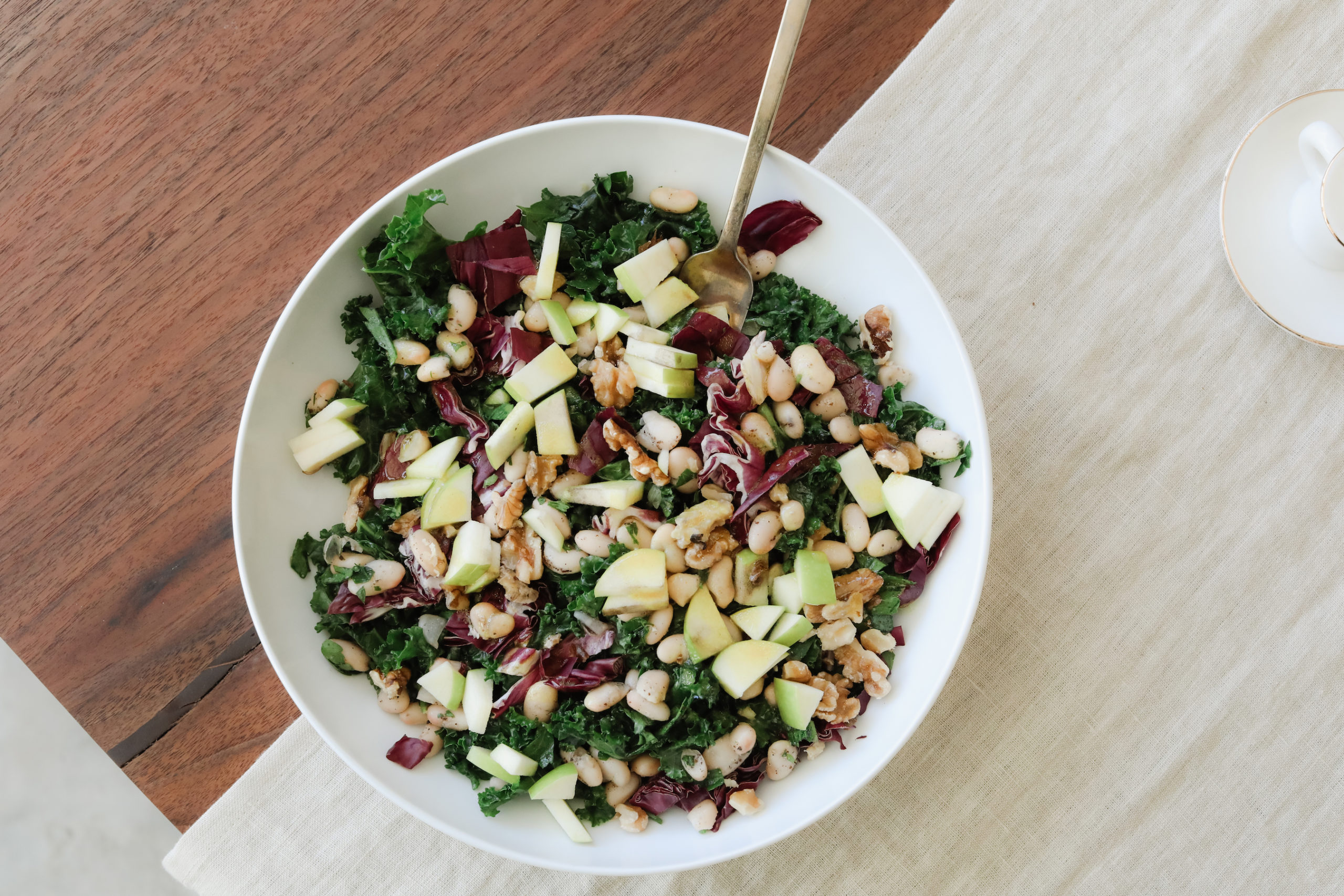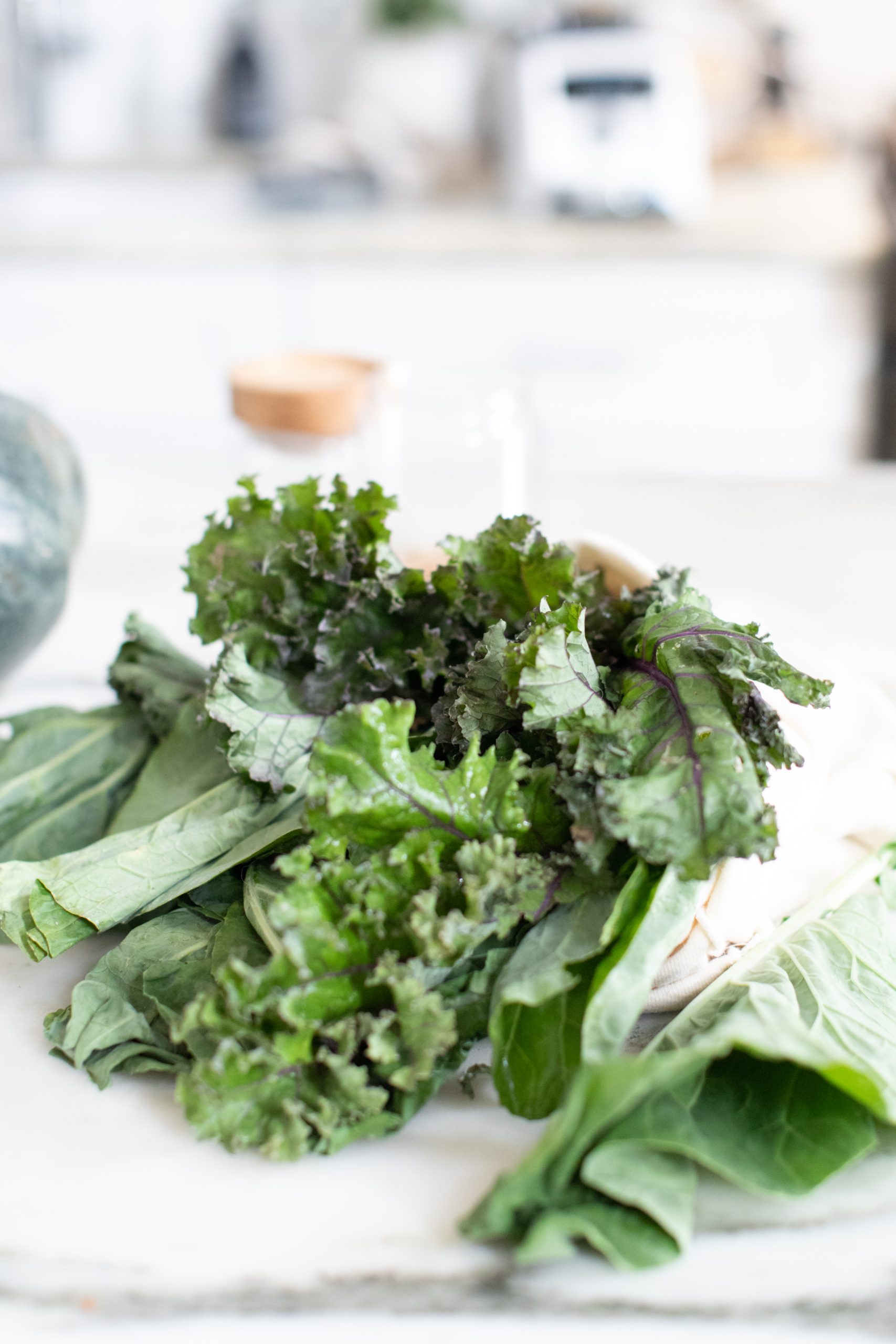Do your current eating habits make you want to change your relationship with food? If so, you’ve come to the right place. Keep reading to learn 5 steps you can take to heal your relationship with food.
Our life experiences shape our current relationships with food. Maybe you picked up some habits from your parents, guardians, or siblings. Or, maybe you developed some of your own tendencies as a result of dieting or even trauma. Over time, our relationships with food evolve and develop into what they are today.
Sometimes, the relationship we’re left with isn’t necessarily beneficial. Thankfully, this can be changed. By learning about your habits and tendencies, breaking them down, and implementing new ones that embody balance, you can change your relationship with food for good.
I Want to Change my Relationship With Food
First of all, pat yourself on the back for simply having this revelation and seeking out support. Change is never easy, and the hardest part is simply accepting that it’s necessary. So you’re already off to a great start!
When embarking on a journey like this, it’s important to set yourself up for success by utilizing self-compassion from the start. Essentially, cut yourself some slack. Just as we previously discussed, our current relationships with food are developed over years, not days. With this in mind, does it make sense to expect to change your relationship with food overnight? Of course not. Go easy on yourself, expect speedbumps, and remember, change takes time.

5 Steps to Change Your Relationship With Food
Below are the best 5 tips I can give you to heal your relationship with food. They’ll take you through the many facets of your relationship and teach you how to rebuild each and every one of them. Don’t forget to take this slowly. I don’t recommend trying to take all 5 steps at once! Start with one or two, then move on to another when you’re feeling confident.
Let’s get into it!
Practice Mindful Eating
Here at Nutrition Stripped, we believe there are two important aspects of eating well every day: what you eat and how you eat. The concept of mindful eating is more about how to eat rather than what or how much you are eating. It’s all about putting the focus back on your experience at mealtimes.
Start to experience your food and be present when eating your meals and snacks. Remind yourself that food isn’t a chore, it’s not a job and it’s not a means of exerting control. It’s a way to nourish your physical body, experience or share culture, and so much more. You can learn more about the specific principles of mindful eating here. If you simply follow this one step, before you know it you’ll change your relationship with food.
Stop Following Trending Diets and Detoxes
This is a big one. Just don’t do it. I promise it’s not doing you any good. Diets are meant to keep you coming back, they put you into something I call the diet cycle. It’s the, “on the bandwagon”, “off the bandwagon” cycle.
As soon as you stop jumping into these trends, you’ll be able to develop consistency. You’ll be able to nourish yourself in a way that works for your unique body, rather than someone else’s. Remember, diet trends are a means of marketing, they’re a business. In order to change your relationship with food, you have to ditch the diet cycle.
Remove The Food Rules
Next up, kick the food rules to the curb. No more eat this and not that, or this is right and this is wrong. Food doesn’t work that way, especially when you want a balanced, positive relationship with food. Food rules are restrictive and controlling. They leave you feeling deprived, stressed, and even ashamed.
If you’re looking to change your relationship with food, you’ll need to leave the food rules behind. If and when you hear yourself abiding by or even reciting a food rule, take a moment to pause. Ask yourself, “Is this a food rule? How can I maintain balance with food without following this rule?”. Over time, you won’t have to pause. You’ll have changed your relationship with food and those rules will no longer serve you.
Prioritize Both Nourishment and Enjoyment Consistently
We absolutely need both. In order to nurture our physical, mental, and emotional health, both enjoyment and nourishment need to be prioritized. When we say nourishment, we mean foods that physically nourish your body. When we say enjoyment, we mean foods that bring you joy, regardless of their nutritional content.
If you can ensure the vast majority of your meals and snacks prioritize both of these factors, you’ll be on your way to changing your relationship with food. You won’t feel deprived, and food won’t feel like a chore. Food will become an enjoyable, easeful part of your life!

Stop Thinking About Food as Either Good or Bad
In order to prioritize both nourishment and enjoyment regularly, this one’s pretty important. If you constantly feel like you’re eating, “bad” food whenever you eat enjoyment-based foods, you’ll constantly be riddled with guilt and ashamed. Additionally, if you always feel like you, “should” be eating nourishment-based foods, you’re going to feel like food is a chore.
Take morality out of the equation to change your relationship with food. Start thinking about food as simple nourishment, enjoyment, or a combination of the two. That’s it! At first, this may require you to correct yourself or remind yourself on occasion, but before you know it, this will become your reality.
The Takeaway
Changing your relationship with food is possible. It just takes a few simple steps and some dedication. Anyone can have a positive balanced relationship with food. Sometimes, it just takes a little support!
Do You Want to Experience More Balance with your Food Choices?
Then find your balanced eating type!
Take this 45-second free quiz to find out which balanced eating archetype you are, and what your unique type needs to maintain balance with the way you nourish yourself. That way, you can finally be free from food and diet obsession, maintain a balanced weight, and cultivate a positive relationship with food and your body.
Take The Free Quiz Now
The post How to Change Your Relationship With Food appeared first on Nutrition Stripped®.
Erica Carneglia
Comments
Post a Comment